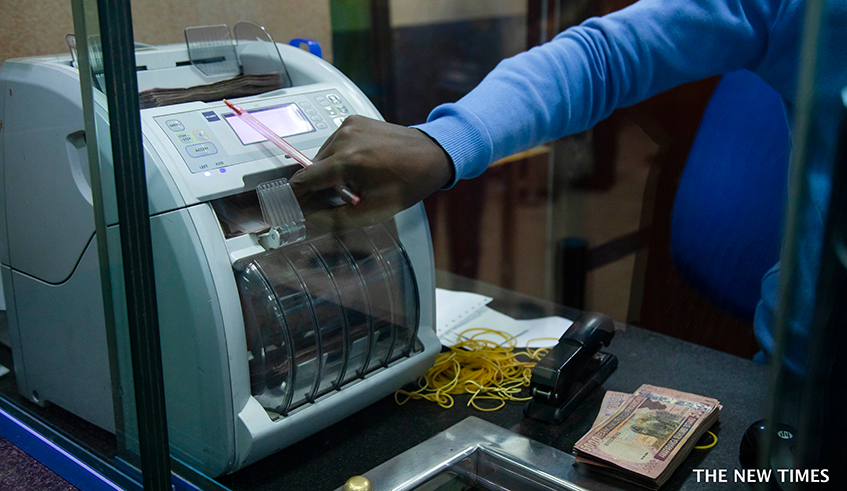Rwandan Banks write off Rwf75bn bad debt

Non-performing loans in Rwanda have dropped to 4.6 per cent compared to 5.4 per cent recorded in the last three quarters of 2021, the latest statistics from the Central Bank show.
The drop was attributed to a higher growth of outstanding loans relative to the growth of outstanding Non Performing Loans as well as the write offs of long overdue Non Performing Loans.
In 2021 banks wrote off Rwf75bn compared to Rwf22bn in 2020. The banking sector increased lending by 15.4 per cent to close the year at Rwf1230bn compared to a contraction of 8.2 per cent.
A loan write-off is an action taken by the lender when the chances of loan recovery are almost zero and its assets are non-performing. This enables the bank wishes to maintain a clear record of the unrecovered loan amount in their balance sheets.
However, this does not mean the trials for recovery will be ceased.
The sectors that had the highest written off loans include trade, public works contractors as well as commerce.
The statistics further show that loans in watch category (loans where repayment is late by 30 to 90 days) increased by 77 per cent to Rwf489 in December 2021 14.2 per cent from Rwf277 billion.
In response to the perceived credit risk outlook, banks have increased their provisions by Rwf48bn to Rwf189bn in December 2021 leading to the provisions coverage ratio of 119.8 per cent.
The loan quality drop is however not a surprise given the Covid-19 related challenges with the central bank noting that the banking sector is well capitalized to make provisions for loans that could struggle to resume making payments.
Among support by the government has been the case through initiatives such as the economic recovery fund which allowed revision of loans terms, extended tenure as well as availed capital for operations continuity and adjustment.
Authorities have previously noted that there is unlikely to be an influx of properties up for auction in the local market on the basis of inability to service debts as a result of the economic slowdown due to Covid-1.
The 2021 property auctions that had caused concern among a section of Rwandans were explained as debts that went bad as early as 4 or 5 years ago.

